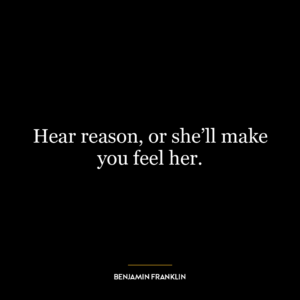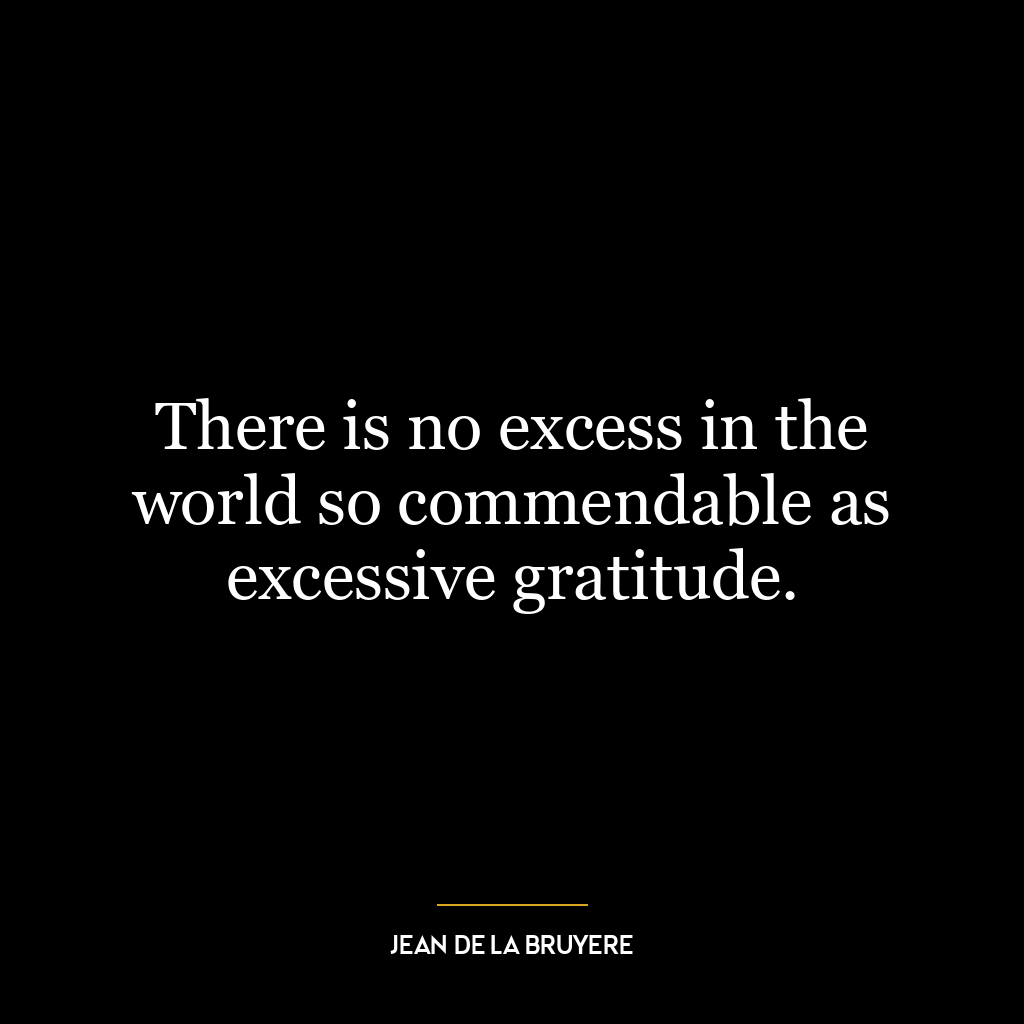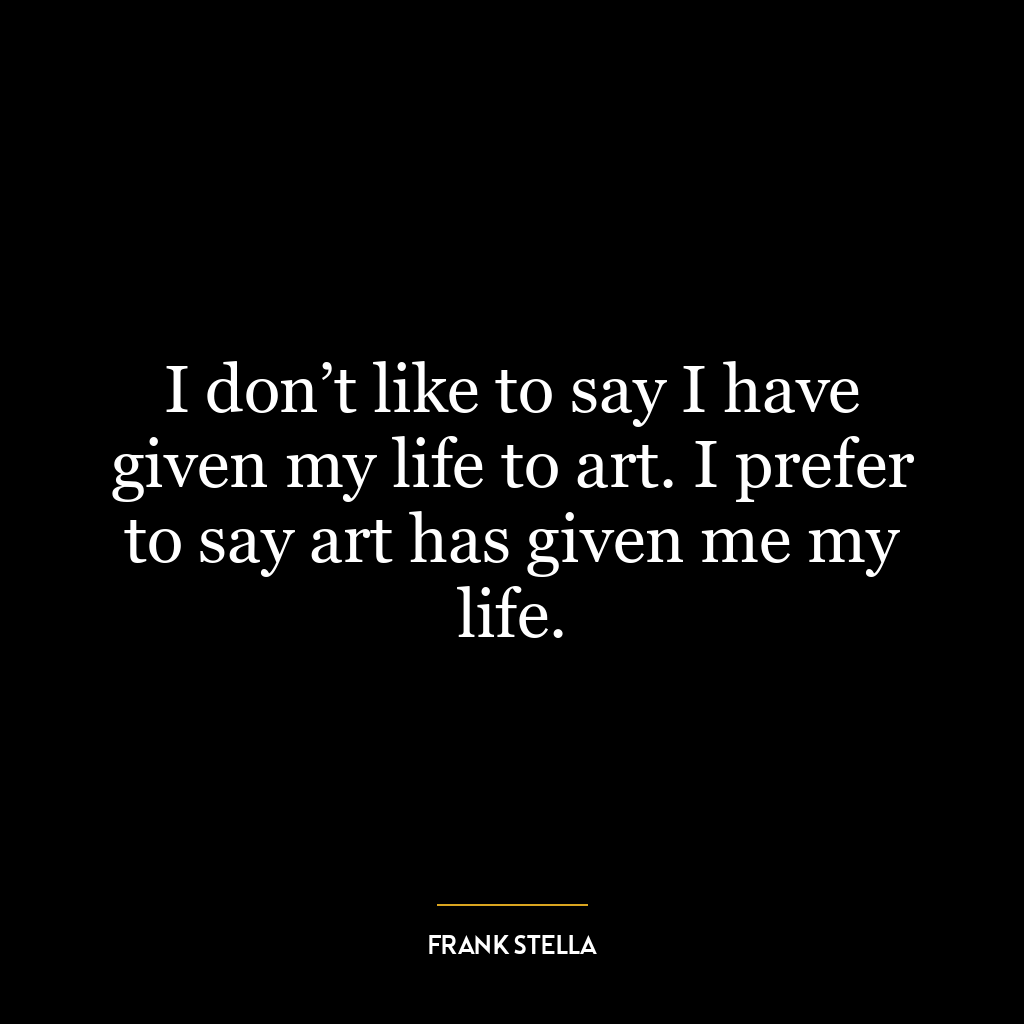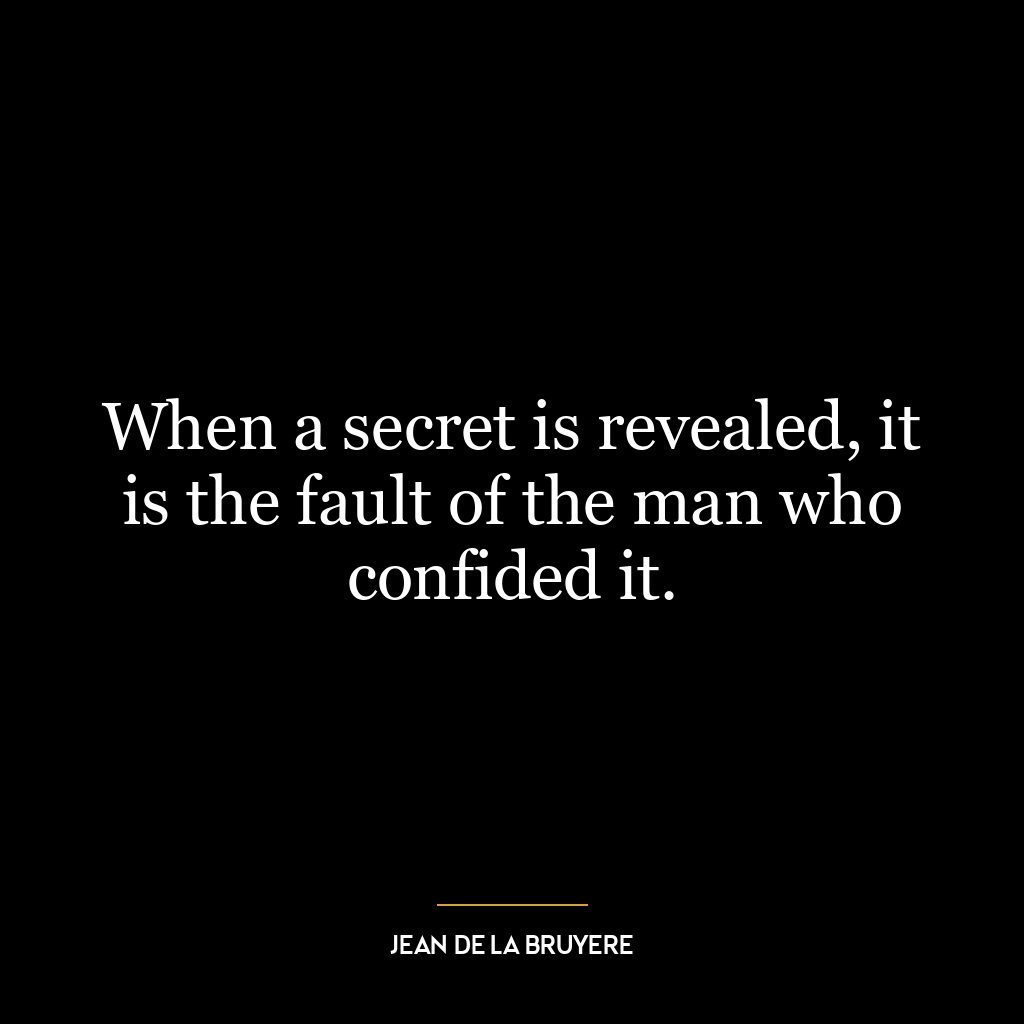Most people return small favors, acknowledge medium ones and repay greater ones – with ingratitude.
This quote suggests that people’s reactions to favors are often inversely proportional to the size of the favor. For small favors, people are likely to return the favor, as they are easy to reciprocate. Medium favors are usually acknowledged, perhaps with a thank you or some form of appreciation. However, when it comes to significant favors, people often respond with ingratitude. This might not be because they are ungrateful, but because the magnitude of the favor might make them feel overwhelmed, uncomfortable, or indebted, leading to a lack of proper appreciation.
This quote can be seen as a commentary on human nature and the complex dynamics of giving and receiving. It’s a reminder that acts of kindness and generosity are not always met with the gratitude they deserve. This could be due to various reasons such as entitlement, the discomfort of feeling indebted, or the inability to reciprocate such a large favor.
Applying this idea in today’s world, it could serve as a cautionary note for those who give generously. It’s important to give without expecting anything in return, as the response might not always match the effort or intention. On the other hand, for those receiving favors, it’s a reminder to express gratitude regardless of the size of the favor.
In terms of personal development, this quote encourages introspection on how we respond to acts of kindness. It highlights the importance of gratitude and the need to express it, irrespective of the size of the favor. It also encourages us to be aware of our reactions to big favors and to ensure that we do not respond with ingratitude simply because we are overwhelmed or unable to reciprocate.














